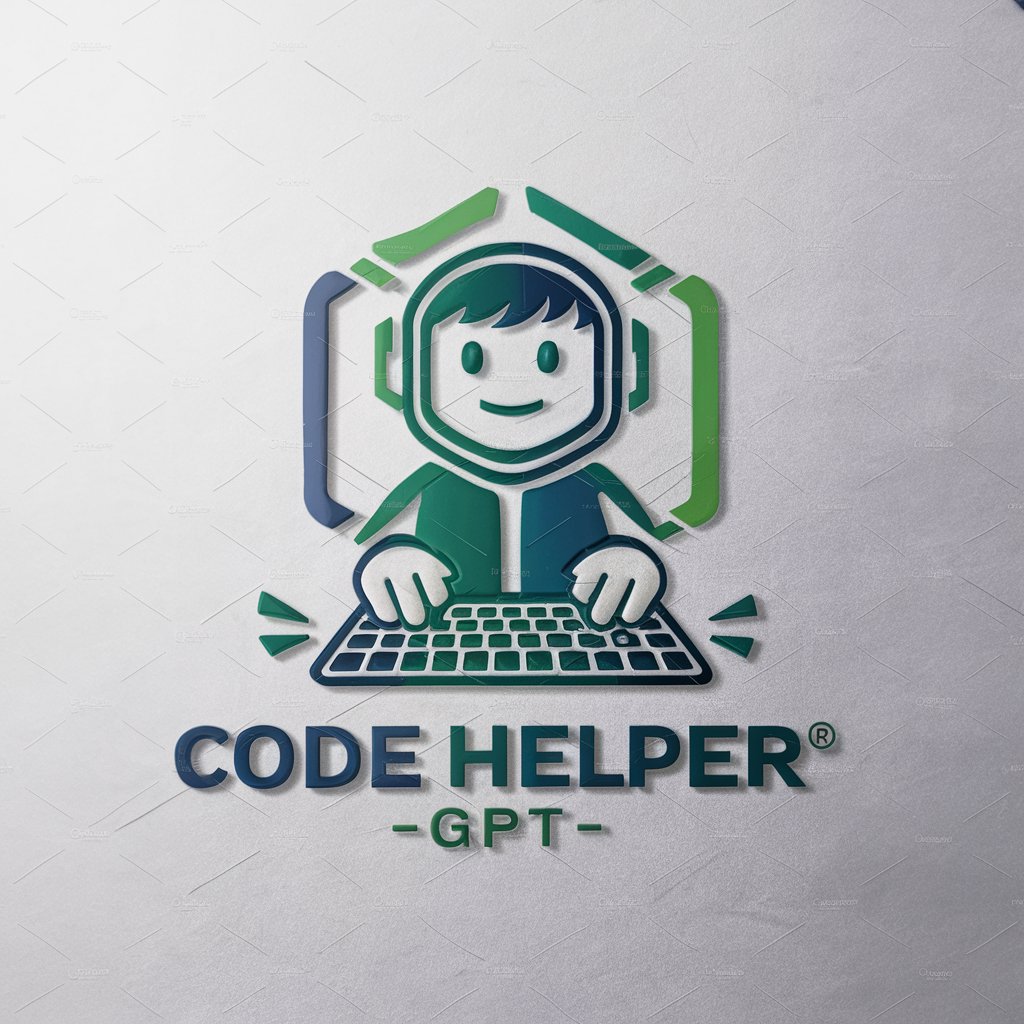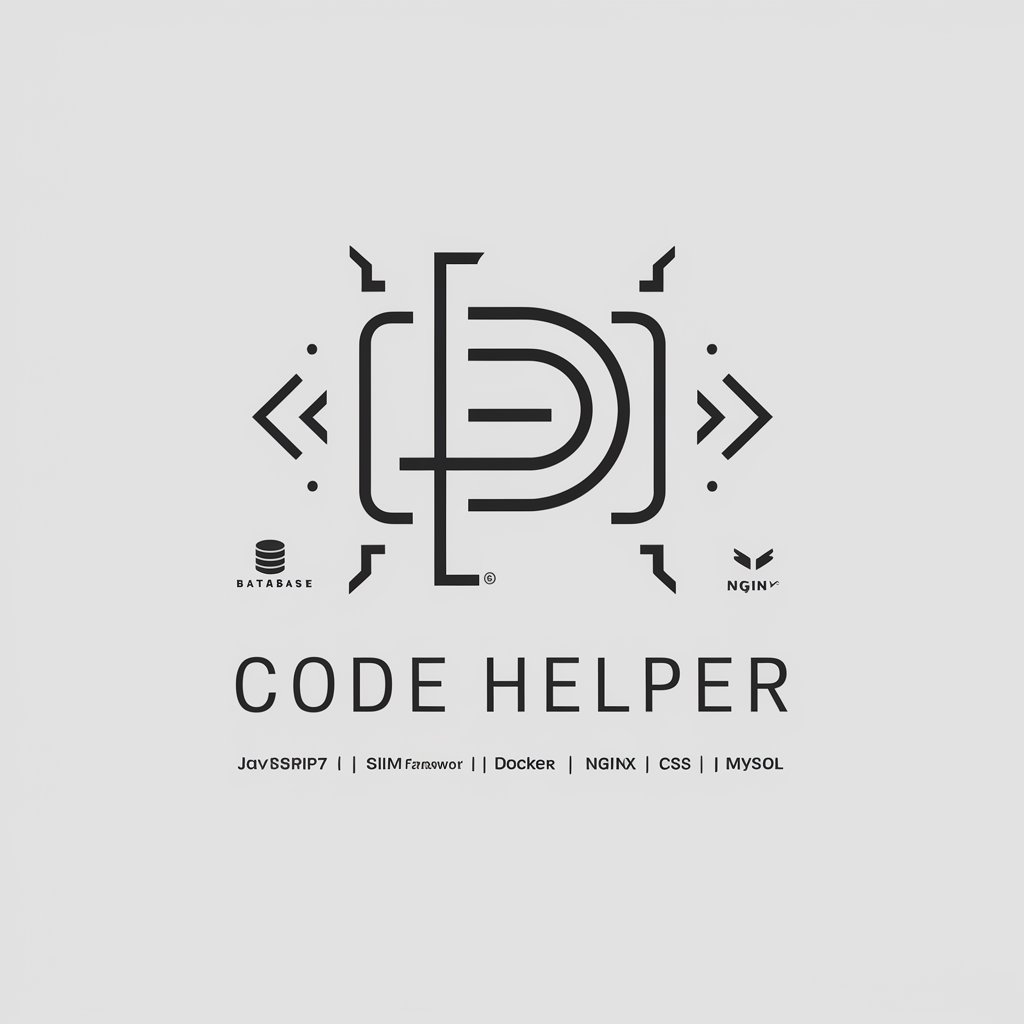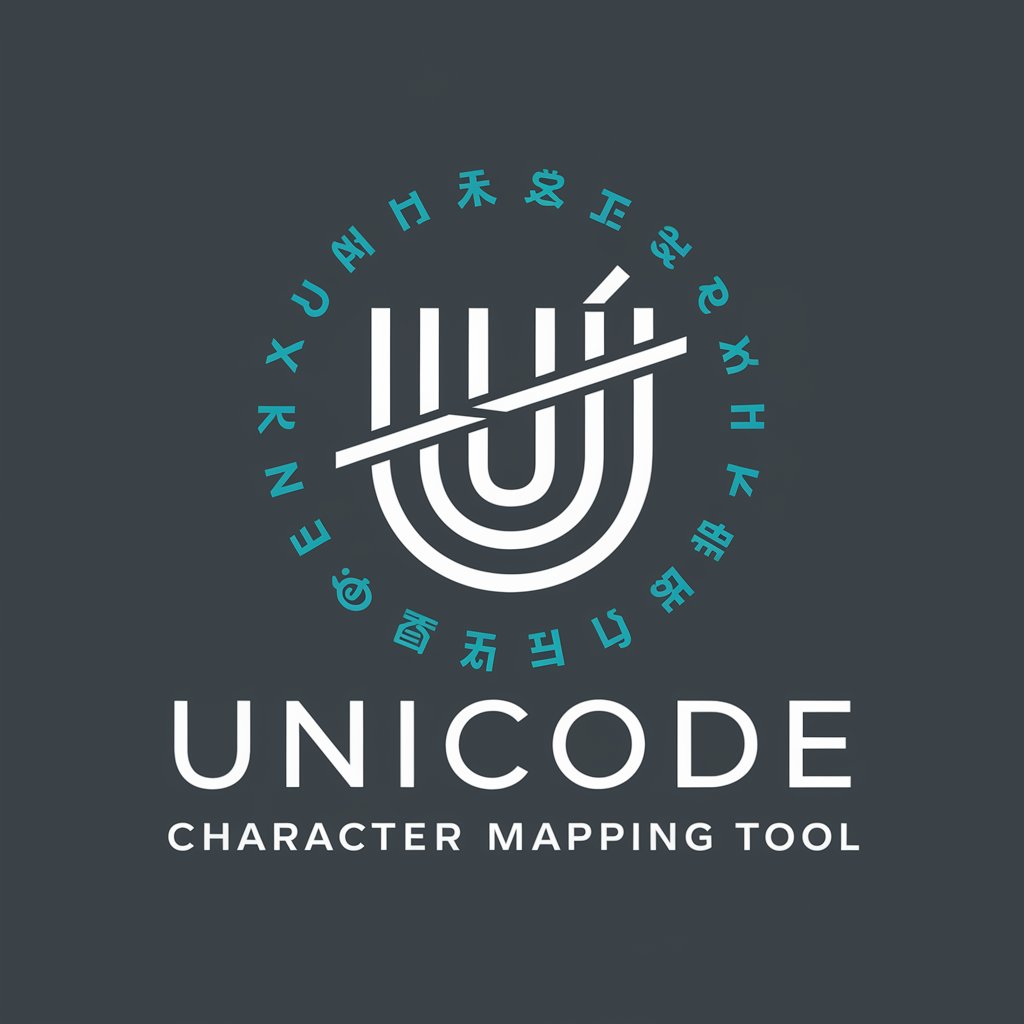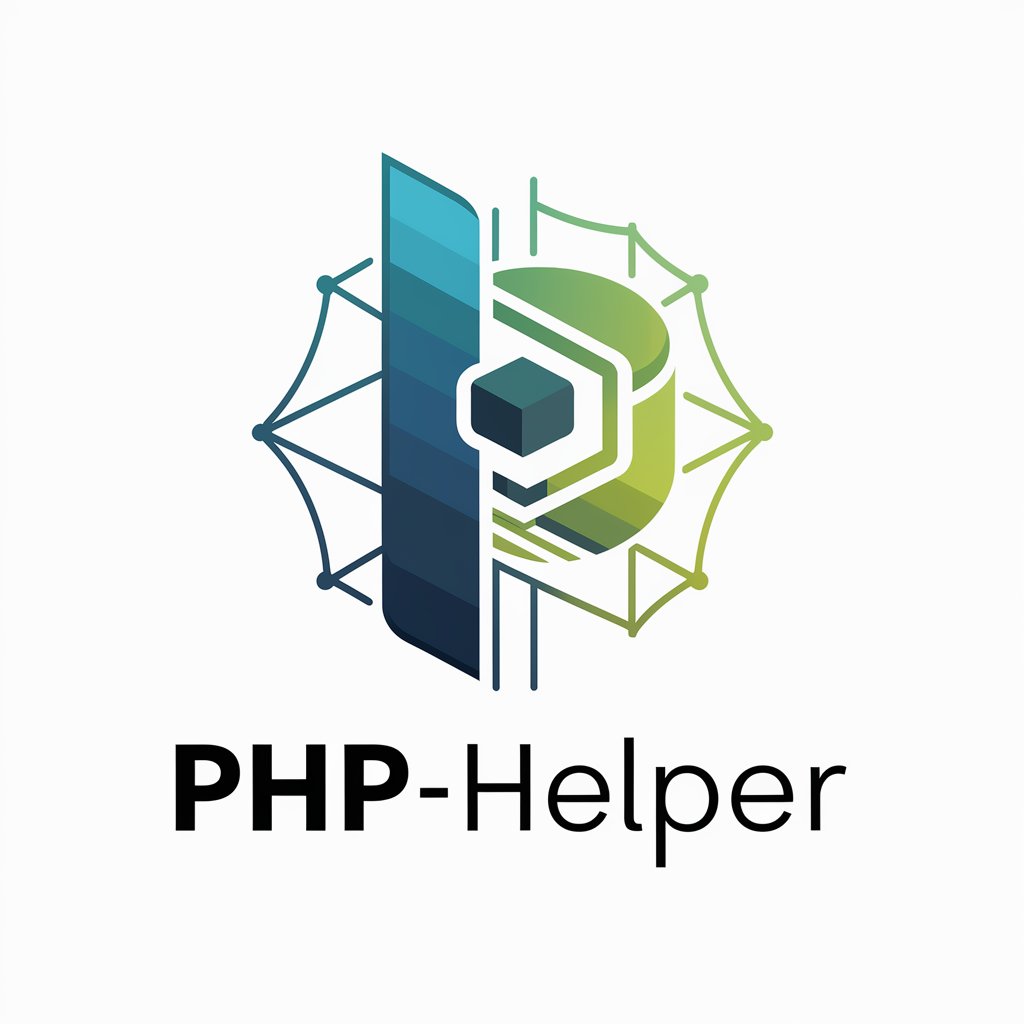
🖥️ PHP CMS Unicode Challenge - Unicode CMS Solutions

Hi there! Need help with PHP and Unicode? Let's dive in.
Power Your Content with AI-driven Unicode
How can I handle Unicode characters in PHP string manipulation?
What are the best practices for storing multilingual content in a database using PHP?
How can I ensure my CMS supports Unicode across all functionalities?
What are common pitfalls when dealing with Unicode in PHP, and how can I avoid them?
Get Embed Code
Overview of 🖥️ PHP CMS Unicode Challenge
The PHP CMS Unicode Challenge is a specialized software module designed for developing Content Management Systems (CMS) with robust Unicode support. The primary goal is to facilitate the handling of multilingual content, enabling efficient management, storage, and presentation of data in various languages. This challenge is particularly focused on ensuring that the CMS can seamlessly process and display Unicode characters, which is crucial for global applications where content needs to be accessible in multiple languages. For example, a CMS built under this challenge would allow a website to display articles in English, Japanese, Arabic, and other scripts without encountering encoding issues, thereby supporting a wide range of international users. Powered by ChatGPT-4o。

Key Functions of 🖥️ PHP CMS Unicode Challenge
Unicode String Manipulation
Example
Using mbstring and intl extensions to handle string operations such as slicing, comparing, and reversing in multiple languages.
Scenario
A CMS where editors input content in both English and Hindi. The system uses mbstring functions like mb_substr to accurately extract substrings from Hindi text without breaking characters.
Multilingual URL Handling
Example
Encoding URLs to support non-ASCII characters using UTF-8 encoding, ensuring links are correctly parsed and accessible.
Scenario
Creating SEO-friendly URLs for a Japanese language website, where the CMS automatically converts Kanji script into a percent-encoded URL format.
Database Unicode Compliance
Example
Configuring databases to use UTF-8 encoding, enabling the storage and retrieval of texts in various scripts.
Scenario
Storing user-generated content in Arabic in a MySQL database, ensuring text is stored and retrieved without corruption by setting the database connection to use 'utf8mb4' charset.
Localization and Internationalization
Example
Implementing locale-aware date, time, and number formatting using the intl extension's classes like IntlDateFormatter.
Scenario
Displaying dates in the European format for a site accessed in France, while showing U.S. formats to users accessing the same content from the United States.
Target User Groups for 🖥️ PHP CMS Unicode Challenge
Web Developers and Agencies
Developers building websites and applications that require support for multiple languages and character sets. They benefit from the Unicode handling capabilities to serve a global audience without dealing with common encoding issues.
E-commerce Businesses
Online stores that operate in multilingual markets would use this CMS to ensure all product descriptions, customer reviews, and support materials are correctly displayed in various languages, enhancing the shopping experience for international customers.
Educational Institutions
Schools and universities offering courses in multiple languages can use the CMS to manage and display educational content in diverse scripts, ensuring accessibility for all students.

How to Use 🖥️ PHP CMS Unicode Challenge
Start Your Trial
Visit yeschat.ai for a free trial without login, also no need for ChatGPT Plus.
Explore Features
Familiarize yourself with the tool's capabilities such as PHP coding for CMS, Unicode management, and multilingual support.
Set Up Environment
Prepare your development environment by installing PHP and any necessary libraries or frameworks you intend to use.
Apply Unicode Standards
Begin implementing Unicode standards in your CMS by using UTF-8 encoding and ensuring that your database also supports this format.
Test and Iterate
Regularly test your CMS for handling Unicode characters in different languages and refine your approach based on feedback and results.
Try other advanced and practical GPTs
CMS Theme Designer & Generator
Design, generate, and launch custom CMS themes effortlessly.
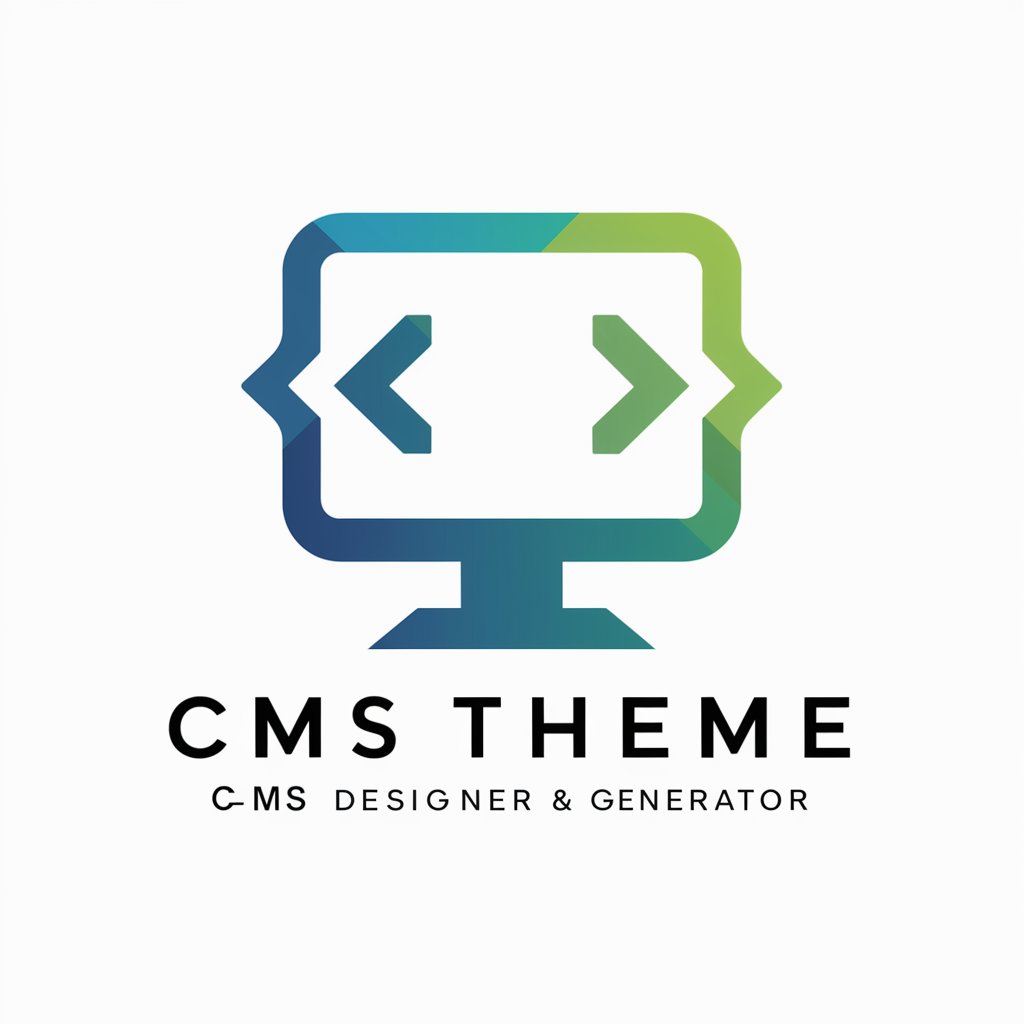
API Explorer
Harness AI-driven API capabilities effortlessly.
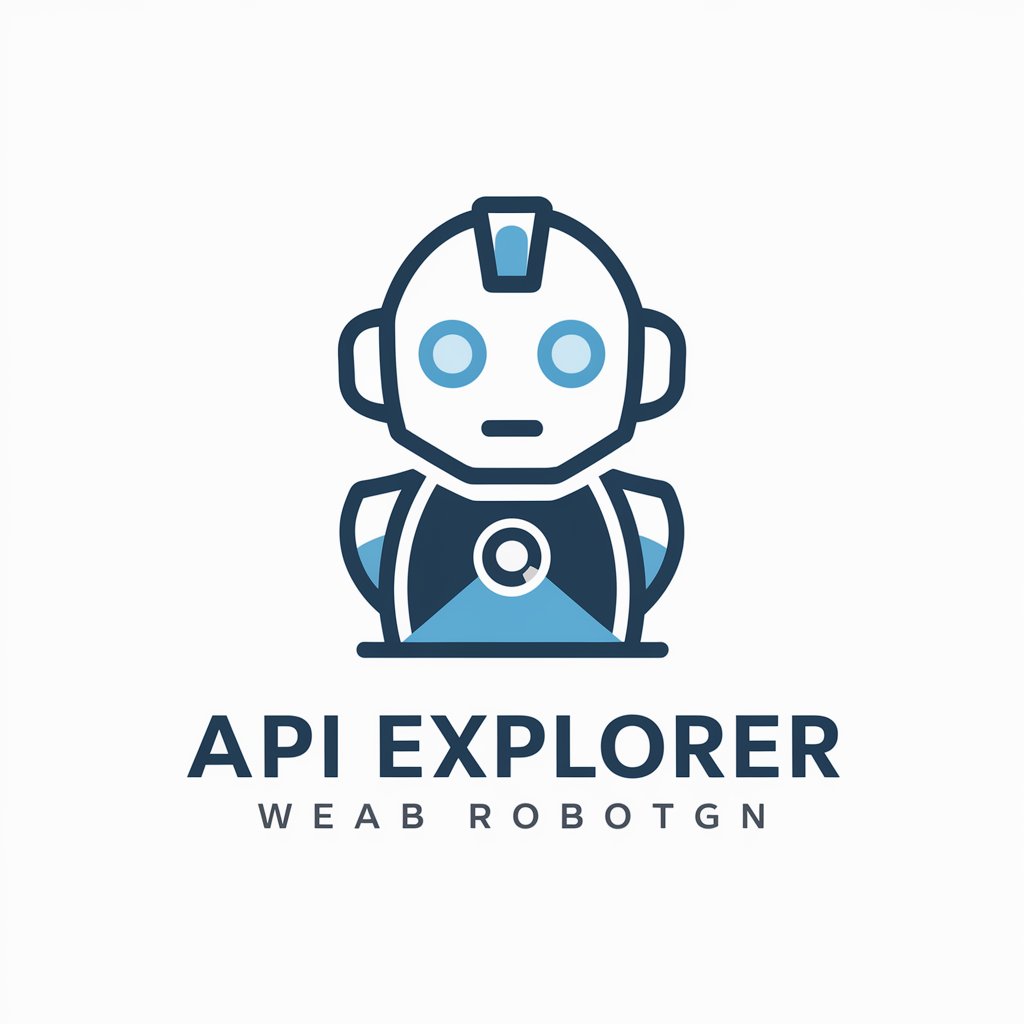
API エクスプレーナー
Your AI-Powered API Guide
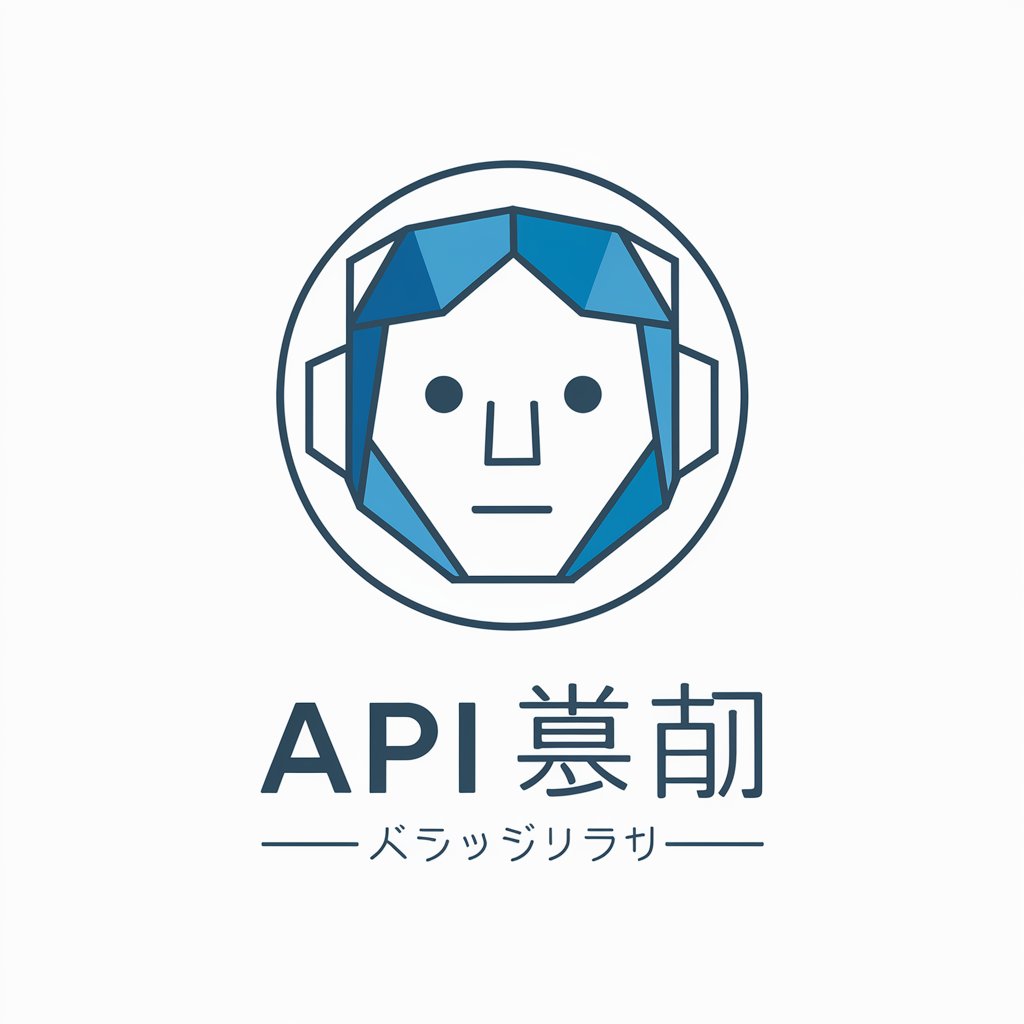
api-helper
Elevate Your Projects with AI-Powered Guidance
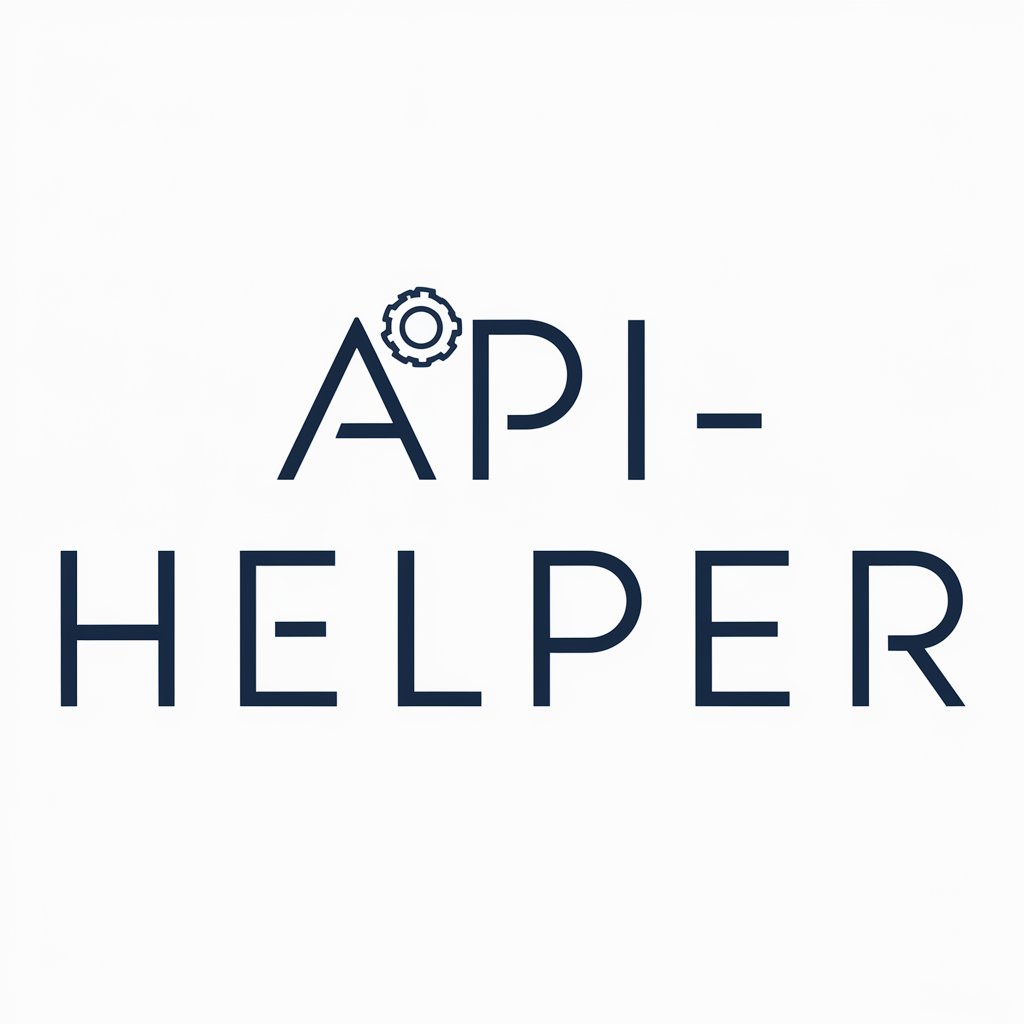
API Explorer
Simplify API integration with AI-powered guidance.
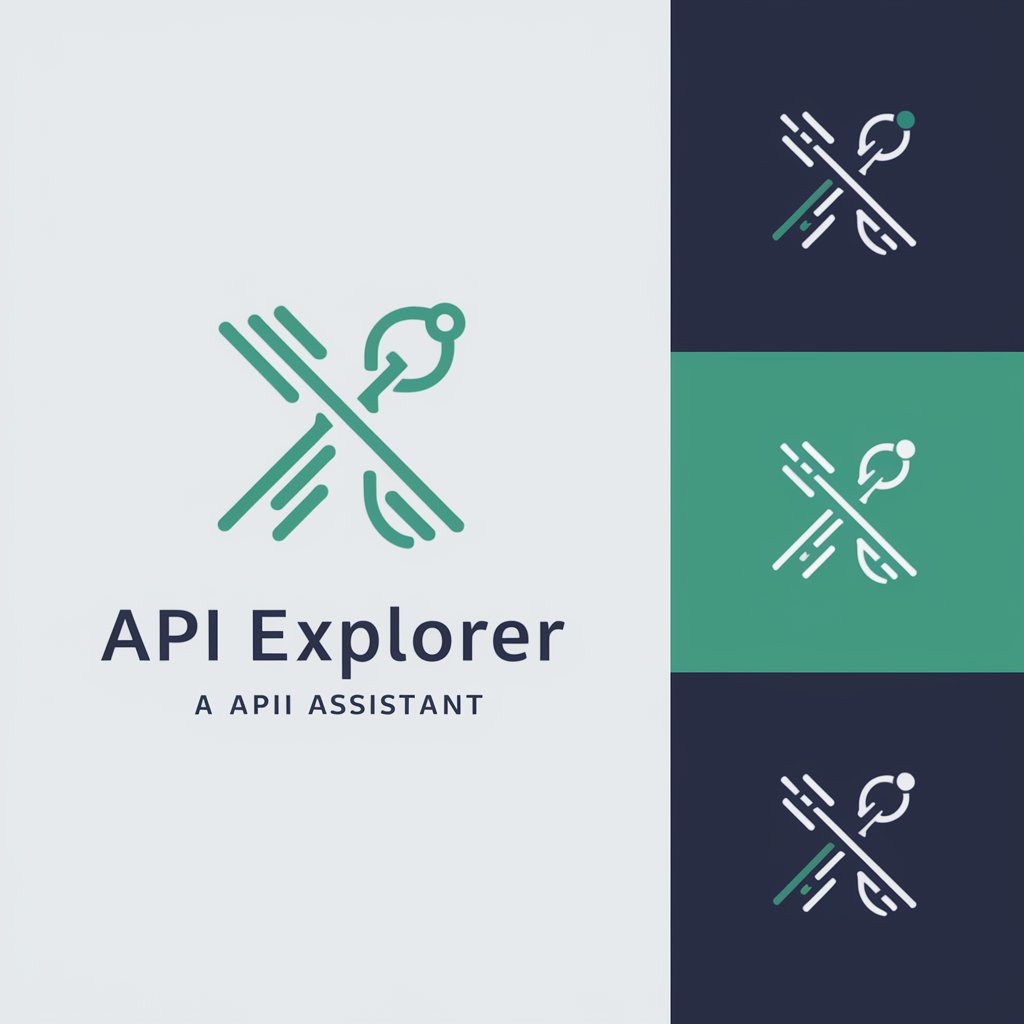
Iwear AI Wardrobe Assistant
Revolutionizing Fashion with AI

CMS Master
Elevate Your Wix Site with AI

CMS Architect
Streamlining content with AI power
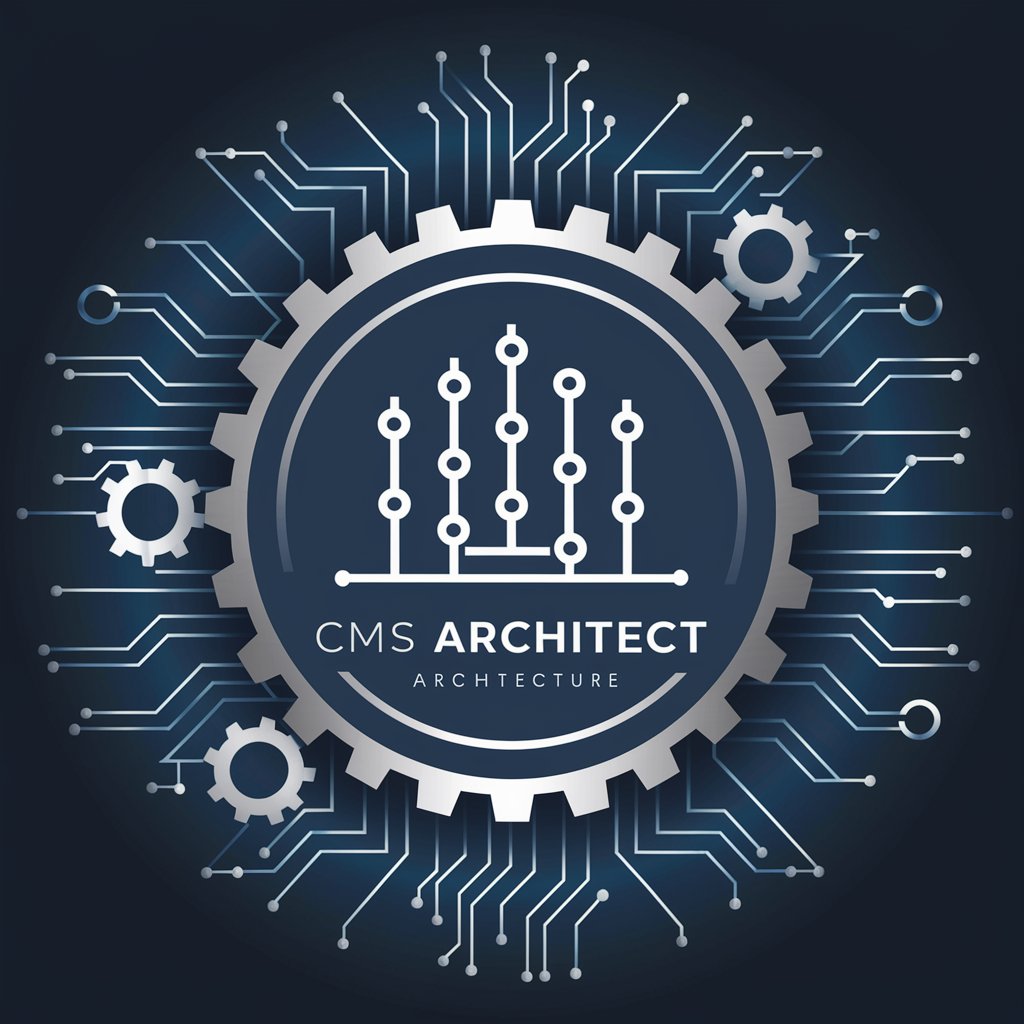
Kirby CMS
Simplify content management with AI.

Drupal/Backdrop CMS/CiviCRM/MySQL Wizard
Empower your web projects with AI-driven CMS and CRM wizardry.

《[]<o><o>[]》
Empowering Creativity with AI
![《[]<o><o>[]》](https://files.oaiusercontent.com/file-fqp0S2HuPa3YbTYWI4HGG3TQ?se=2124-01-01T18%3A34%3A09Z&sp=r&sv=2021-08-06&sr=b&rscc=max-age%3D1209600%2C%20immutable&rscd=attachment%3B%20filename%3D1000045833.png&sig=kziZExLpQudi0pW7FGMwO%2BOrox1xh/rjLShuokE/jwo%3D)
Node Wizard
Automate your workflows with AI
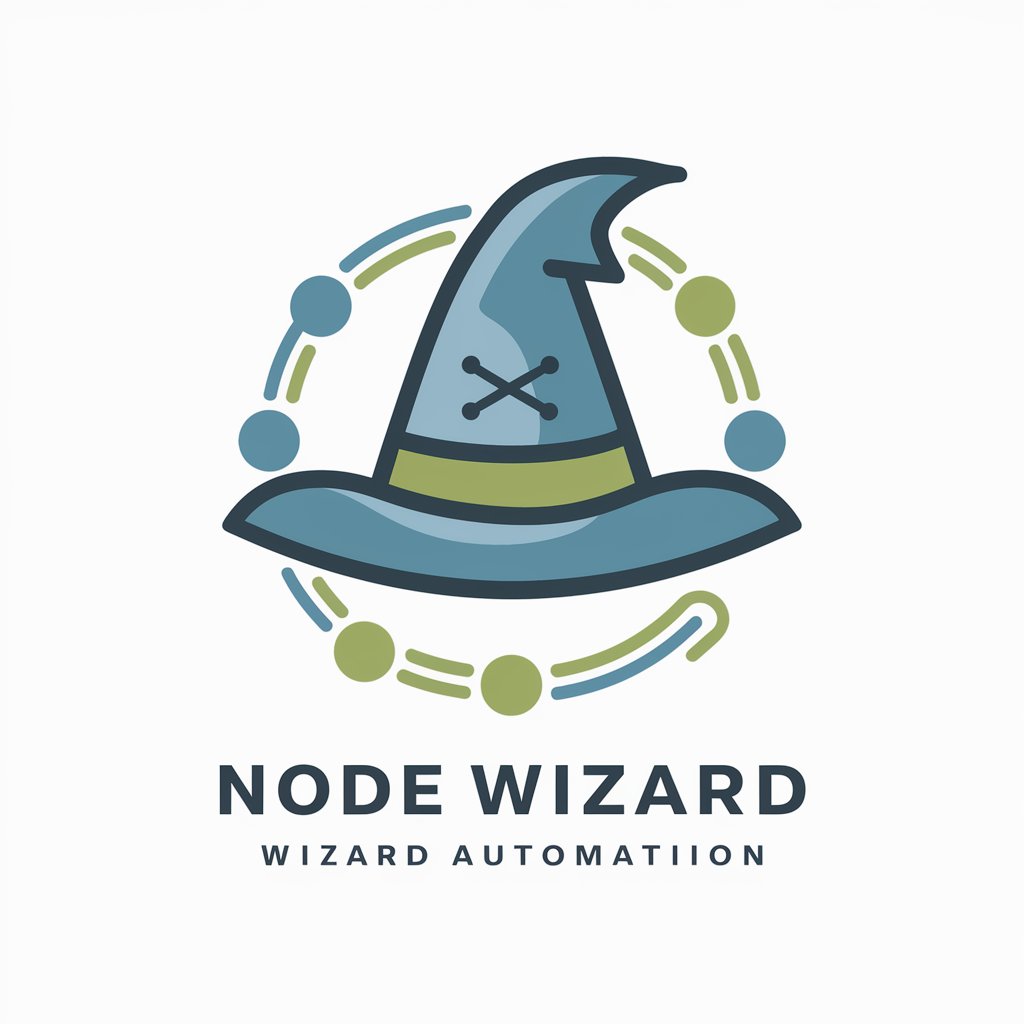
Frequently Asked Questions about 🖥️ PHP CMS Unicode Challenge
What is the primary focus of 🖥️ PHP CMS Unicode Challenge?
The primary focus is to guide developers in creating a PHP-based CMS that supports Unicode characters efficiently, ensuring seamless multilingual content management.
How can I ensure my PHP CMS supports multiple languages?
Ensure your PHP environment uses UTF-8 encoding, and your database is configured to store and retrieve Unicode data. Use functions that support multibyte string processing.
What are some common challenges when handling Unicode in PHP?
Common challenges include dealing with functions that are not Unicode-aware and ensuring consistent encoding across the application.
Can this tool help with CMS performance optimization?
Yes, it offers strategies to optimize PHP code and database queries to handle Unicode data efficiently without compromising performance.
Is there support for using frameworks like Laravel with this tool?
Yes, it provides guidance on integrating Unicode handling within popular PHP frameworks such as Laravel, focusing on proper configuration and usage of middleware for encoding.

